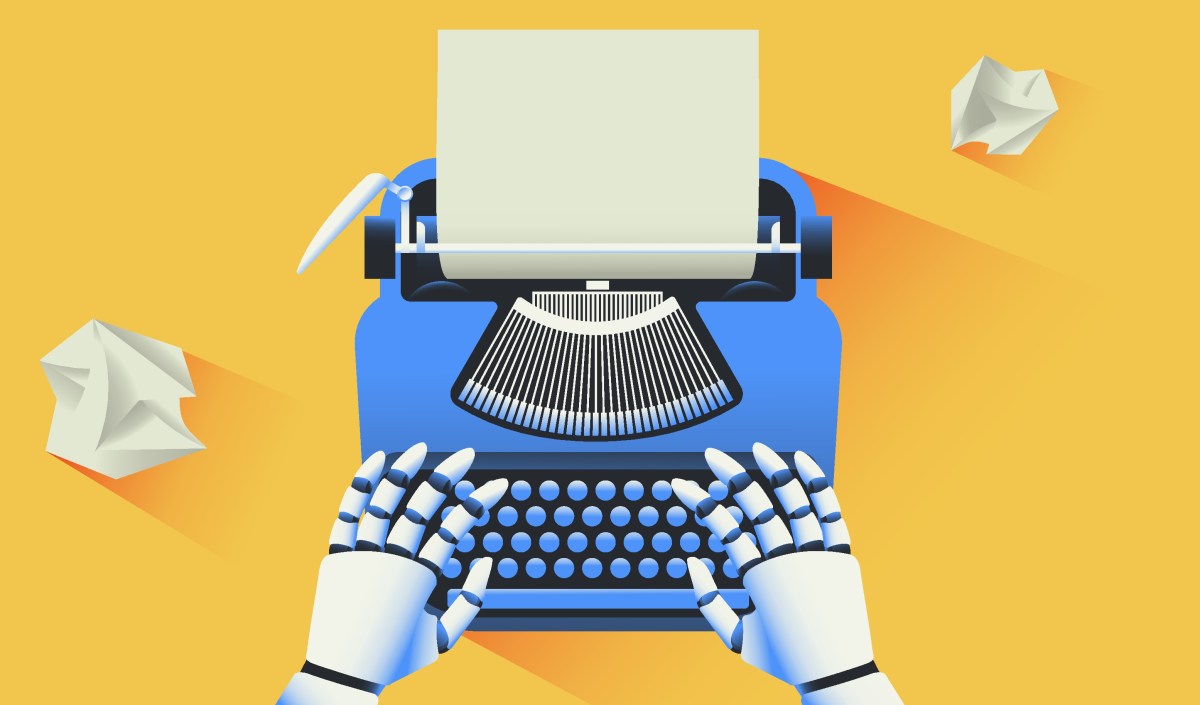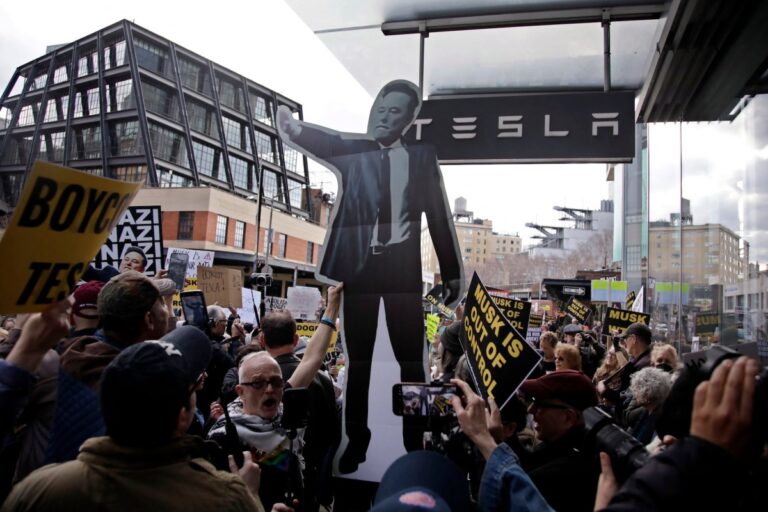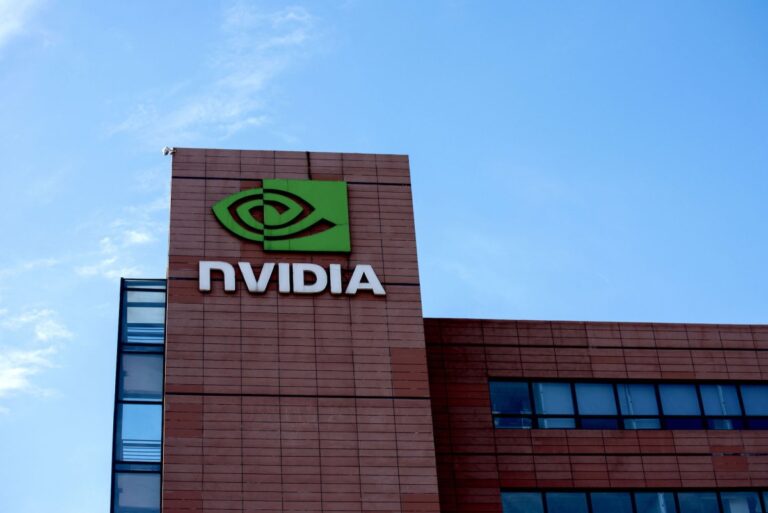New Study Reveals OpenAI Models ‘Memorized’ Copyrighted Content: Implications for AI and Intellectual Property
A recent study has brought to light significant concerns regarding the use of copyrighted content in training AI models, particularly those developed by OpenAI. Allegations have surfaced from various authors, programmers, and rights-holders who claim that OpenAI has utilized their works—ranging from books to codebases—without obtaining proper permissions. This article explores the findings of the study and its implications for AI training practices.
Understanding the Controversy Surrounding OpenAI
OpenAI is currently facing legal challenges as plaintiffs argue that the company has violated copyright laws by using their materials to train AI models. While OpenAI defends its practices under the fair use doctrine, the plaintiffs contend that U.S. copyright law does not provide exemptions for training data.
The Study: Methodology and Findings
The study, conducted by researchers from the University of Washington, the University of Copenhagen, and Stanford University, introduces a novel approach to detect training data that may have been “memorized” by AI models, such as those powered by OpenAI.
AI models function as prediction engines, learning patterns from large datasets to generate outputs like essays and images. While most outputs are not direct reproductions of the training data, some instances of verbatim copying do occur. For example:
- Image models may reproduce screenshots from films they have been trained on.
- Language models can unintentionally plagiarize articles from news sources.
High-Surprisal Words: A Key to Detection
The researchers’ methodology focuses on identifying “high-surprisal” words—terms that are statistically rare in a given context. For instance, the word “radar” in the phrase “Jack and I sat perfectly still with the radar humming” stands out compared to more common words like “engine” or “radio”.
To investigate, the co-authors tested several OpenAI models, including GPT-4 and GPT-3.5, by obscuring high-surprisal words in excerpts from fiction and articles from the New York Times. If the models were able to accurately predict the masked words, it indicated that they had potentially memorized those snippets during training.
Study Results and Implications
The study revealed that GPT-4 showed evidence of having memorized segments from well-known fictional works, particularly those included in a dataset of copyrighted ebooks called BookMIA. Additionally, some memorization of New York Times articles was observed, albeit at a lower frequency.
Expert Insights on Data Transparency
Abhilasha Ravichander, a doctoral student at the University of Washington and co-author of the study, emphasized the importance of understanding the “contentious data” that AI models may be trained on. She stated, “In order to have large language models that are trustworthy, we need to have models that we can probe and audit scientifically.”
Ravichander also highlighted the pressing need for greater data transparency within the AI ecosystem.
OpenAI’s Stance on Copyrighted Data
OpenAI has consistently advocated for more flexible regulations regarding the use of copyrighted materials in AI training. The company has established some licensing agreements and offers mechanisms for copyright holders to opt out of having their content used in training. Furthermore, OpenAI has actively lobbied for the establishment of “fair use” guidelines for AI training practices.
For more information on copyright issues and AI, you can visit the U.S. Copyright Office.
This study raises important questions about the ethical use of copyrighted content in AI development and the need for clearer regulations in the rapidly evolving field of artificial intelligence.







